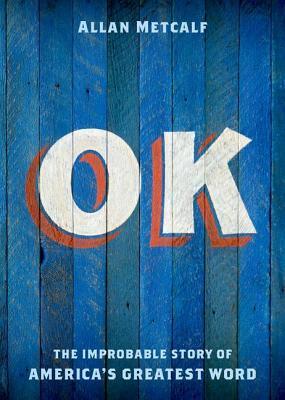What do you think?
Rate this book


240 pages, Paperback
First published October 12, 2010
You won't find footnotes in this book. The Internet changes too fast for that. Instead, I have tried to acknowledge sources in sufficient detail that you can locate them too by Googling, with a little luck.Really? I may need to check with some of the English Composition I professors at my college, but I'm pretty sure "the Internet changes too fast" won't fly in place of proper documentation. Maybe the publisher had some sort of page limit? Whatever the reason -- boo! That is definitely not ok.